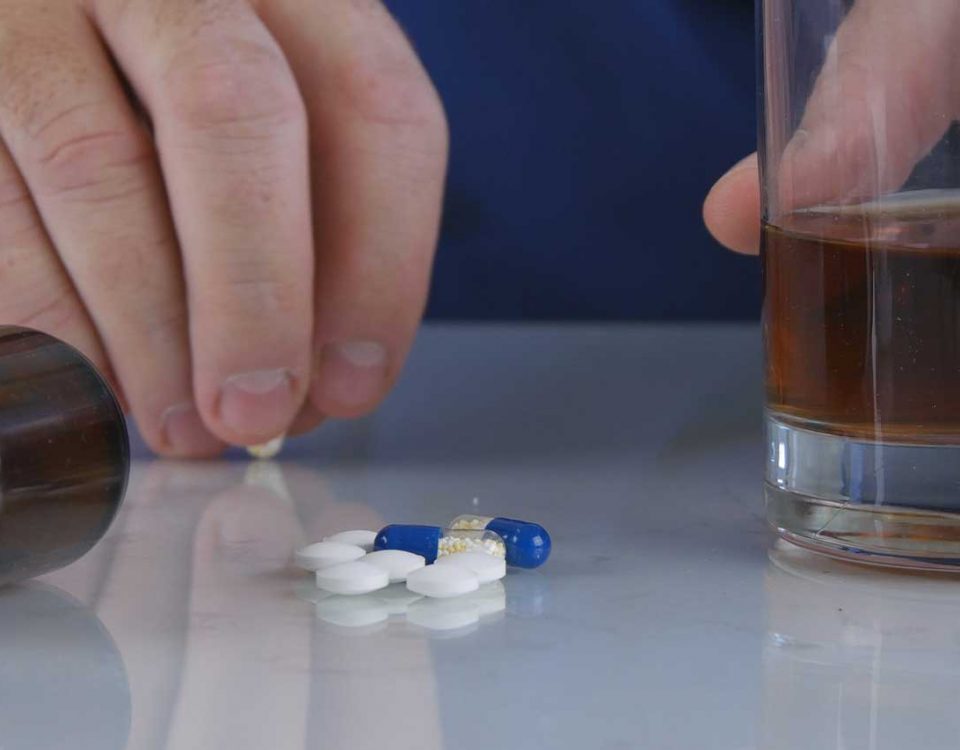Often, managing attention deficit hyperactivity disorder (ADHD) involves a multifaceted approach, incorporating medications like Adderall alongside lifestyle adjustments. Understanding the potential interactions between Adderall and certain foods is crucial for individuals seeking optimal therapeutic outcomes. Banyan Treatment Centers Chicago explores the foods to avoid while taking Adderall, offering insights into foods that could impact its efficacy. From high-fat meals to acidic fruits and the nuances of caffeine consumption, being aware of these interactions can empower individuals and their healthcare providers to tailor treatment plans that maximize the benefits of Adderall for managing ADHD symptoms.
What Foods Worsen ADHD?
Attention deficit hyperactivity disorder, or ADHD, is a neurodevelopmental disorder that affects focus, impulse control, and energy regulation in both children and adults. ADHD symptoms are typically treated with medication and behavioral therapies, but nutrition may also impact the disorder. There is evidence that some foods may exacerbate the symptoms of ADHD while others may improve them.1 By being aware of the effects of these food components, people with ADHD and those who care for them can take control of their condition and manage it better.
Foods that Worsen ADHD:
- Artificial additives and colorings: Certain food dyes and preservatives may contribute to increased hyperactivity.
- Highly processed foods: Diets rich in processed foods may lead to cognitive fluctuations due to nutrient deficiencies.
- Sugary treats and high-glycemic foods: High glycemic index foods can cause blood sugar spikes, impacting focus.
- Allergens and sensitivities: Identifying and eliminating triggers like gluten or dairy may alleviate symptoms.
- Fatty acid imbalance: Diets with an excess of omega-6 fatty acids may be linked to increased ADHD symptoms.
Knowing how certain foods may affect ADHD may help people make dietary decisions that will help reduce symptoms and enhance overall wellness. Adopting a balanced, nutrient-rich diet can be an important part of a comprehensive strategy for managing ADHD, even though dietary changes alone might not be able to replace conventional treatments for the condition. It is advised that people with ADHD and those caring for them work with nutritionists and medical professionals to customize dietary plans to meet their needs.
Does Food Affect Adderall Absorption?
Generally, taking Adderall with or without food is acceptable, but high-fat meals may delay the drug's onset of action. Fatty foods can slow down the absorption of Adderall in the gastrointestinal tract, potentially prolonging the time it takes for the medication to reach peak effectiveness. While this delay might not be significant for everyone, individuals using Adderall are often advised to maintain consistent dietary habits and consult with their healthcare providers to determine the most suitable administration method based on their unique needs and circumstances. This is just one of the many ways that Adderall affects the body, highlighting how important it is to stay informed on possible dietary interactions with the drug.
Adderall and Food Interactions to Keep in Mind
It is important to be aware of possible food interactions when using prescription drugs like Adderall to treat attention deficit hyperactivity disorder (ADHD). Although Adderall can be taken with or without meals, certain dietary choices, particularly those related to the acidity of particular foods, may have an impact on how well it is absorbed and work overall. People can improve the efficacy of their treatment plans by being aware of these interactions.
Foods to avoid while taking Adderall include:
- High-fat meals: Fatty foods can delay the absorption of Adderall, potentially extending the time it takes for the medication to reach its peak effectiveness.
- Citrus fruits and juices: Combining acidic foods and Adderall may alter the pH levels in the stomach, affecting the absorption of the drug.
- Vitamin C supplements: High doses of vitamin C and Adderall absorption may relate because of the impact of the former on the acidity of the stomach.
- Caffeine: While moderate caffeine intake is generally considered safe, excessive caffeine consumption may amplify some side effects of Adderall, such as increased heart rate and jitteriness.
- Alkaline substances: Antacids and other alkaline substances may reduce the absorption of Adderall in the gastrointestinal tract.
Individuals taking Adderall can get the best possible therapeutic results by being aware of these possible food interactions. To guarantee the most efficient and consistent reaction to Adderall, people must be transparent with their healthcare providers about their foods and make educated decisions. A more effective way to manage ADHD symptoms is to consider individual sensitivities and modify the timing of medication concerning meals. It is also important to remember the addictiveness of this drug and how important it is to remain steady in one's treatment plan. If you are worried that your loved one is abusing their prescription, we urge you to contact us today.
Leaving Prescription Drug Abuse Behind With Banyan’s Naperville Rehabs
Our specialized prescription drug treatment program is meticulously designed to address the unique challenges posed by dependency on medications. With a commitment to individualized care, our team of experienced professionals at Banyan's Illinois Rehabs ensures that each patient receives personalized attention, recognizing that the path to recovery is as varied as the individuals we serve.
At Banyan, we understand that overcoming prescription drug abuse requires a multifaceted approach. Our Chicago drug rehab offers different levels of care, from partial hospitalization and residential treatment to outpatient programs, providing a continuum of support tailored to each individual's needs. This diverse range of treatment options not only ensures a smoother transition through various stages of recovery but also allows us to address the unique aspects of prescription drug abuse, promoting sustained healing and long-term success.
Learn more about our Banyan Rehab in Naperville, IL, and the therapy programs we offer to our patients by calling 888-280-4763 and verifying your insurance today.
Source:









